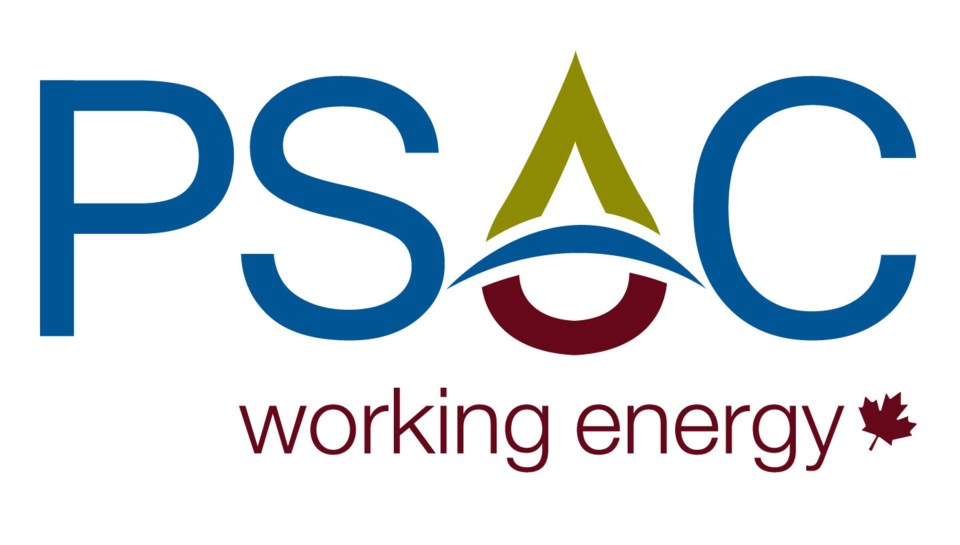The Petroleum Services Association of Canada (PSAC) released its 2021 Canadian Oilfield Services Activity Forecast.
PSAC expects a total of 2,600 wells (rig releases) to be drilled in Canada in 2021. For 2020, the association’s final revised forecast predicts a yearly total of 2,850 wells.
The 2021 forecast numbers are based on average natural gas prices of C$2.50 per thousand cubic feet (AECO), crude oil prices of US$42/barrel (West Texas Intermediate), and the Canadian dollar averaging US$0.76.
PSAC interim president and CEO Elizabeth Aquin commented: “On the heels of a 42 per cent plunge in activity in 2020 from 2019, PSAC forecasts a continued decline in well drilling to lows not seen in decades. This bleak outlook for the oilfield services (OFS) sector that includes a national supply chain with manufacturers in Ontario and Quebec, is devastating for a sector that is already struggling to survive in this sixth year of a downturn. These are the companies and people with the skills and expertise for responsible resource development, that innovate and create new technology to continue to reduce environmental footprint and contribute to the transition to a low carbon future.
“Without work and income however, their capacity to do so is thwarted.”
On a provincial basis for 2021, PSAC estimates 1,230 wells to be drilled in Alberta and 900 wells for Saskatchewan, representing year-over-year decreases of 118 and 166 wells, respectively. At 80 wells, drilling activity in Manitoba is expected to remain relatively flat, while activity in British Columbia is projected to increase from 335 wells in 2020 to 370 wells in 2021.
At 20 wells for 2021, activity in Eastern Canada is expected to increase nominally from its 2020 figure of 18 wells.
“There is little incentive for capital investment by the exploration and production (E&P) companies to support increased activity and production,” said Aquin. “Recovery from COVID-19 remains elusive, holding global demand for oil at bay and balance sheets remain challenged and focused on reducing debt. As well, federal bills such as C-69, C-48, along with policies that focus on climate goals, increasing costs while industry struggles to survive and recover, continue to add uncertainty and negatively influence investment in Canada.
“Instead, we see capital fleeing to other countries. Oil and gas is Canada’s largest export industry supporting over 530,000 jobs across the country. Once the pandemic is behind us, the economic contribution and benefits that have been forfeited by this diminished industry will be felt by all Canadians.”
Added Aquin, “While the Canada Emergency Wage Subsidy (CEWS) has aided in reducing layoffs, it is recognized as only a temporary lifeline that does not drive activity – activity that would ultimately lead to a stronger sector that can provide economic benefits that will be needed to address the mounting national debt. Funding for orphan and inactive site closure for which PSAC advocated, is also appreciated and beginning to provide work and revenue for those offering services in the closure space, but not all companies are benefiting.
“While there are also nascent opportunities for some in the OFS sector in geothermal and hydrogen – energy sources that use many of the same services, much more is needed now to ensure a robust sector emerges for the continued responsible development, innovation, and new technology that will advance climate goals.
“Canada can be a world leader in energy development and help to reduce global emissions. But we need a vision for energy so that Canadians can continue to benefit from the resources with which we are blessed instead of allowing other, less responsible countries with lower human rights, environmental, and regulatory standards to supply these resources and reap the jobs and economic benefits that could be ours.”



